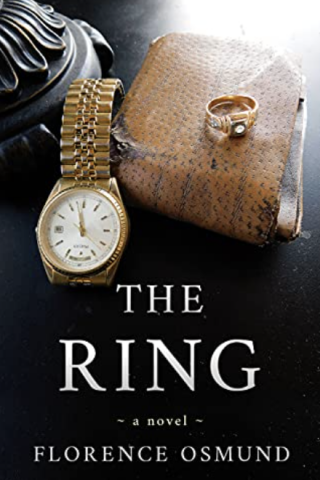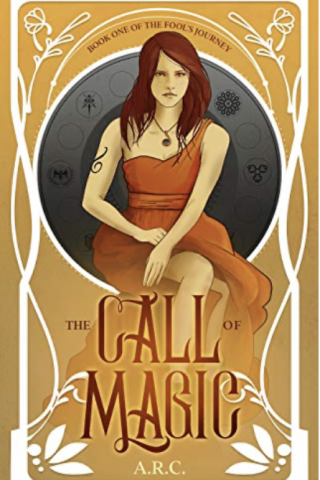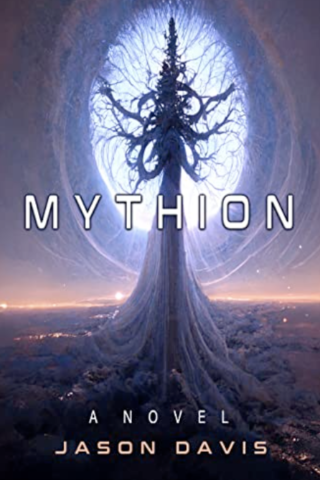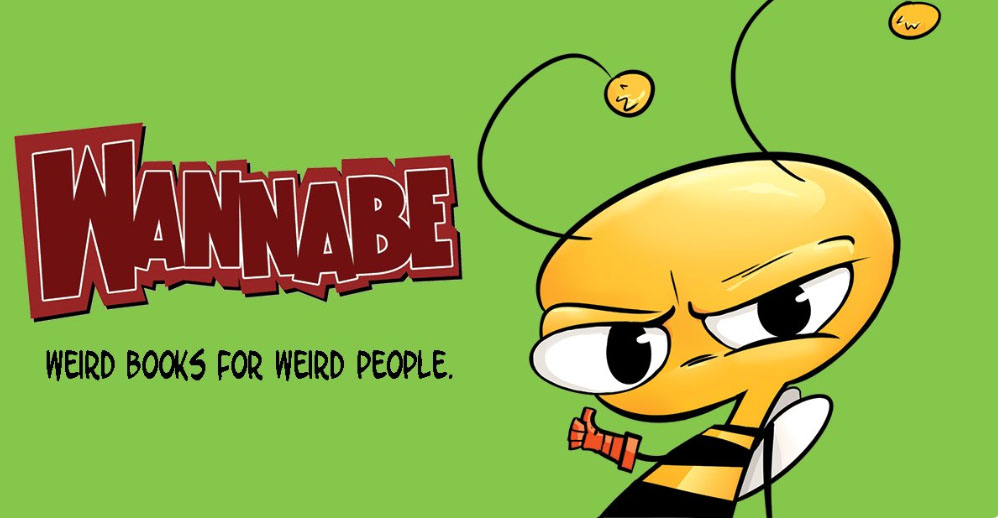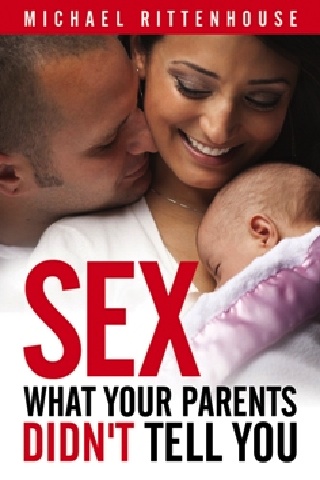
Description:
From the Author

Michael Rittenhouse
e x c e r p t
2
What I Saw at the Buffet
If anyone says that sex, in itself, is bad, Christianity contradicts him at once. But, of course, when people say, “Sex is nothing to be ashamed of,” they may mean “The state into which the sexual instinct has now got is nothing to be ashamed of.” If they mean that, I think they are wrong. I think it is everything to be ashamed of. There is nothing to be ashamed of in enjoying your food: There would be everything to be ashamed of if half the world made food the main interest of their lives and spent their time looking at pictures of food and dribbling and smacking their lips.
—C. S. Lewis
One day I watched a man try to kill himself, at lunch.
He looked about like you, or me, with a couple hundred more pounds to take along. He did so with obvious difficulty—leaning hard over to lever himself off his seat, staggering with each step, standing sideways to reach the buffet because his belly prevented a head-on approach.
I wondered how, over time, he’d allowed himself to reach this shape without grasping—or, perhaps, caring—how he got there.
n a small number of cases, obesity has a medical cause. But for most of us in the abundant North American-European civilization, an excess of body fat results from habit: Too much input, not enough output. The body stores unused energy in a way that—let’s be honest—neither looks good nor feels good.
It happens faster than we’d like when we’re surrounded by processed food that’s more calorically dense than at any time or place in human history. Meanwhile, the demands on our bodies have slackened. A grown man’s physique is capable of plowing a field with oxen, but when the biggest effort of his day is to open a pickle jar, his excess calories have nowhere to go but sideways.
Too much input, not enough output. We grow where we don’t want to. But we continue, often resuming the same habits after a crash effort to right ourselves.
Isn’t that also the pattern of a troubled sex life?
I
Picture, for a moment, an 18th Century plowman with his team of oxen. He would live his whole life never seeing YouPorn.com, or, for that matter, high-fructose corn syrup. Would we say he was deprived?
Nothing in his natural environment could artificially pump his appetites up beyond his own needs. Not even on a trip into town would he have to try to ignore a young woman jogging past in a sports bra, or a billboard hawking endless pasta and free breadsticks. (I’ve encountered both on the way to work.) All his food was organic and minimally processed.
As a boy, the plowman knew about sexual intercourse from the farm animals; mating was no mystery. As a young man, he learned spirituality from his father, with his priest for backup. Connecting with his (eventual) wife would come as naturally and clearly as the sunrise. The only “-sexual” he knew—Orthosexuality—would unify them for life.
I am not suggesting the plowman would be sinless; only that he didn’t live in an environment that constantly badgered him to override his own nature and needs.
Physically, mentally, and genetically, we’re born the same human beings as the plowman. But the influences around us run much more numerous and seductive.
With mass media, there’s never been so much “sex” available. I put that in quotes because most of it isn’t actual sex (as in sexual intercourse) but the trappings of sex: bare skin, innuendo, bedroom imagery. But it all points to real sex, and as advertising goes, it’s everywhere. The Internet itself took off when marketers discovered they could sexually stimulate others anonymously, through chat rooms, direct messaging, and ultimately, cameras. The World Wide
Web, regarded as a basic utility now, can function as a “porn pipe” into everyone’s house, and no matter what URL you’re on, you’re only two clicks away from a sex act. (We will look at the newly discovered effects of this in the Masturbation & Porn chapter.)
For young adults, especially those in college, there’s a bubble of sexual liberty that may have had forerunners in history but was never facilitated by a 24-hour communications network. (At school, I always knew a kind of hookup culture existed in little pockets among the privileged—the frat houses were known for hit-and-run sex—but the vast middle class of young women at that time didn’t show much interest. That’s changed.1) The pressure to join in plays on an instinct that’s quite real and persuasive. Dustin Hoffman nailed it from the male perspective when he told an interviewer that being a young man is like waking up every morning “chained to a maniac.” For females, it’s the pressure to catch and hold the attention of a marriage-worthy male.
Adding to the confusion is an army of marketers committed to thinking up new ways to push our appetites to the red line. They’ve convinced us that more is better in everything, from portion sizes to sex partners.2 They throw messages in front of us everywhere we turn, designed to make us override our own defenses. Doubt that? Recall that for more than a decade, they convinced us we should drink eight glasses of water a day, whether we were thirsty or not. There was never any scientific support for that, but we did it anyway, because we heard it from every direction.
When we, the intended audience, are confronted by so much unhealthy influence, our answer shouldn’t be the reactionary, “What would Grampa do?” (My grandparents would not have been prepared for the Internet.) Rather, it’s “What would a sane, stable individual brought up on, and grounded in, natural law, do?”
Commonly, the overload of sexual stimuli causes many to react rather than respond—hookups, masturbation, and artificial birth control have become norms because we’ve let ourselves be convinced there’s no alternative; we’re “born that way,” with appetites that cannot be managed, only accommodated. They also appeal to our general reluctance to admit the need for self-control. Note how many bestselling fitness books promise ways to slim down while eating “all you want.” Neither does chastity sell; rather, it’s a novelty to which we make an occasional, unserious nod.
Our weak attempts at convenient self-medication address only the symptoms, like a candy bar eaten in lieu of a meal. As we will see in later chapters, what’s really needed is to understand, forgive ourselves our weaknesses, and right-size and tune our own input and output to bring them more in line with our nature.
_________________
We have a healthy, sexual appetite built into us. It’s a physical and metaphysical good, and it leads to more goods, like eye-fluttering pleasure and the generation of the next generation. And like the food appetite, it can be driven up artificially by external forces as well as by disturbances in the psyche. Stimulating the sex appetite out of proportion to its nature changes how we treat others and ourselves. (This also
applies to efforts to deny sexual energy, as we’ll see in the American Prudes chapter.)
I keep returning to the grand analogy between sex and food because both appetites have a dual purpose, or end. Sex has both a unitive as well as a procreative end: It brings male and female emotionally closer, and it brings valuable, new little humans into existence. Likewise, eating is a pleasure we naturally want to share with loved ones. A Hindu proverb summarizes this as, “Food offered without affection is like food offered to the dead.” Or, more recently, from Emeril: “It’s a food of love thing.”
But separating these dual purposes fractures the human spirit. Take the conviviality out of eating, and you have Soylent Green—room-temperature ration pellets for breakfast, lunch, and dinner. Or remove the physical benefits, and you’ve reverse-engineered bulimia.
In sex, discarding one of its two purposes similarly shakes up the psyche. Hookups impair one’s ability to mate for life (as we’ll see in Talking to Your Children), and surrogacy—bearing someone else’s child for money—severs the crucial bond between mother and child.
There’s also the matter of maturity. As we grow, we have new impulses to master. A baby doesn’t need to manage his energy input (food) or output (exercise). But as he grows into an adult—especially in a food-abundant, labor-avoiding society—an imbalance can literally weigh on him unless he masters his energy flow. So it is with the sexual urge.
But the grand analogy has one shortcoming: the existence of male and female, of masculine and feminine, which have no such analog in nutrition. It takes both sexes to make healthy
sex, and like trapeze artists swinging toward one another, a failure of one spoils the whole performance.
We would do well to look now at the differences between male and female, and what happens when those differences are glossed over, or ignored.




